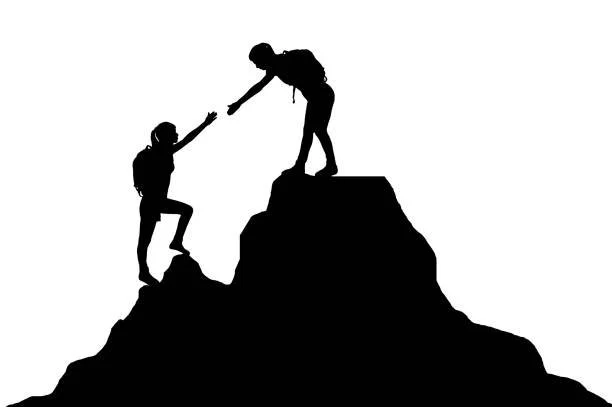POST TRAUMATIC STRESS DISORDER
PTSD.
Growing Into Better
Mental Health Counseling LLc
What is PTSD?
Post Traumatic Stress Disorder (PTSD) is a mental health condition that can happen after someone witnesses or experiences a traumatic event, like a natural disaster, assault, military combat, car accident, or life-threatening situation. People with Post-Traumatic Stress Disorder experience the feelings and emotions associated with trauma long after the event has passed.
Post Traumatic Stress Disorder can disrupt regular life and interfere with day-to-day functioning for months or years after the event, causing flashbacks, nightmares or intense emotions like anger and fear. It can also lead to other mental health issues such as depression, anxiety, substance abuse, memory problems, eating disorders, or suicidal thoughts.
at a glance, What are the
symptoms of PTSD?
A reaction to a traumatic situation in the past
Can cause anxiety, depression, substance abuse, suicidal thoughts
Experiencing feelings and thoughts associated with trauma long after the event has happened
Symptoms include nightmares, flashbacks, mood disturbances
Specialized CBT therapy is a proven, effective treatment
Post Traumatic Stress Disorder can affect people of any age, gender, race, or sexual orientation. Sometimes, people don’t develop symptoms until days or months after the event.
If you or someone you love is struggling after a trauma, talk therapy can be helpful. At Growing Into Better Mental Health Counseling, I will work with you to help manage the symptoms of PTSD, improve your day-to-day coping and functioning, restore your feeling of self-worth, and get your life back.
PTSD SYMPTOMS ARE GROUPED INTO FOUR TYPES, AND ARE DIFFERENT FOR EACH PERSON:
INTRUSIVE MEMORIES
Repeated, unwanted thoughts that won’t go away; reliving the event through nightmares, hallucinations, or flashbacks. Sometimes a flashback can feel so real it’s as if you’re living the trauma again.
AVOIDANCE
Avoiding people, places, objects, or situations that remind you of a traumatic event. Trying not to trigger upsetting memories can take a lot of time and energy, interfering with daily life, damaging relationships, and leading to isolation.
CHANGES IN THINKING AND MOOD
Negative emotions about self and others; trouble remembering the traumatic event; feelings of shame, fear, guilt, or anger; detachment from friends and loved ones; difficulty experiencing joy or satisfaction; lack of interest in things you used to enjoy; hopelessness.
CHANGES IN REACTIONS
Being irritable or easily angered; angry outbursts; aggressive behavior; easily startled; difficulty concentrating; self-destructive behavior; heightened suspicion of people and surroundings.
how can counseling help with
my PTSD?
At Growing Into Better Mental Health Counseling, I can help you or your loved one learn to manage the symptoms of Post Traumatic Stress Disorder and develop coping skills to enjoy life again.
If you suffer from PTSD symptoms, as your therapist, I will build your individual treatment plan on a foundation of Cognitive Behavioral Therapy techniques. Cognitive Behavioral Therapy (CBT) is a proven treatment for PTSD. CBT and its related modalities help you learn to recognize and change thought patterns that can trigger the feelings and behavior associated with PTSD symptoms.
Don’t wait to get help for PTSD. Clinical Therapists must maintain the highest possible degrees and certifications in their fields, including best practices in treating PTSD in adults. As a mental health therapist, I can get you access to more highly trained therapists and a broader range of specialties, so you can get exactly the help you need. I’ll help you connect with the right mental health professional to get the results you want.
